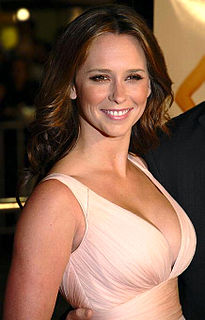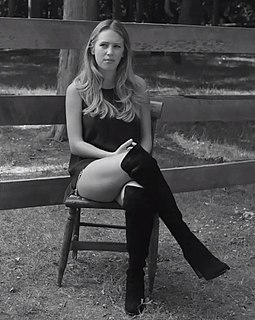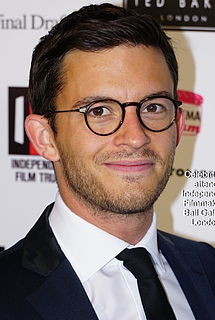A Quote by Jordan Gavaris
I hope that one day, the world gets to a place where you don't need to politicize your sexuality any more than someone needs to politicize their race - that we can just act and we can exist in this Zeitgeist, telling stories about one another.
Related Quotes
I do think that even with entertainment and telling stories, people in the entertainment industry have such a beautiful position in the world to speak about things that they're passionate about in a way that can grab people more than just sitting and telling someone about something, because you can show it visually.
When we are shown scenes of starving children in Africa, with a call for us to do something to help them, the underlying ideological message is something like: "Don't think, don't politicize, forget about the true causes of their poverty, just act, contribute money, so that you will not have to think!
Stories are thick with meanings. You can fall in love with a story for what you think it says, but you can't know for certain where it will lead your listeners. If you're telling a tale to teach children to be generous, they may fix instead on the part where your hero hides in an olive jar, then spend the whole next day fighting about who gets to try it first. People take what they need from the stories they hear. The tale is often wiser than the teller.
I have no use for "men's rights," any more than I have any use for "women's rights," but let us ask: Who was it that decided it was a good idea to politicize love, sex and marriage? Who spent the past four decades proclaiming that "the personal is political," so that every office flirtation and every petty domestic quarrel is a federal civil rights violation? The damned feminists, that's who.
I believe that telling our stories, first to ourselves and then to one another and the world, is a revolutionary act. It is an act that can be met with hostility, exclusion, and violence. It can also lead to love, understanding, transcendence, and community. I hope that my being real with you will help empower you to step into who you are and encourage you to share yourself with those around you.
What's your story? It's all in the telling. Stories are compasses and architecture; we navigate by them, and to be without a story is to be lost in the vastness of world that spreads in all directions like arctic tundra or sea ice. To love someone is to put yourself in their place, we say, which is to put yourself in their story, or figure out how to tell yourself their story. Which means that a place is a story, and stories are geography, and empathy is first of all an act of imagination, a storyteller's art, and then a way of traveling from here to there.
More than just a moral issue, hope is a spiritual and even religious choice. Hope is not a feeling; it is a decision. And the decision for hope is based on what you believe at the deepest levels - what your most basic convictions are about the world and what the future holds - all based on your faith. You choose hope, not as a naive wish, but as a choice, with your eyes wide open to the reality of the world - just like the cynics who have not made the decision for hope.




































